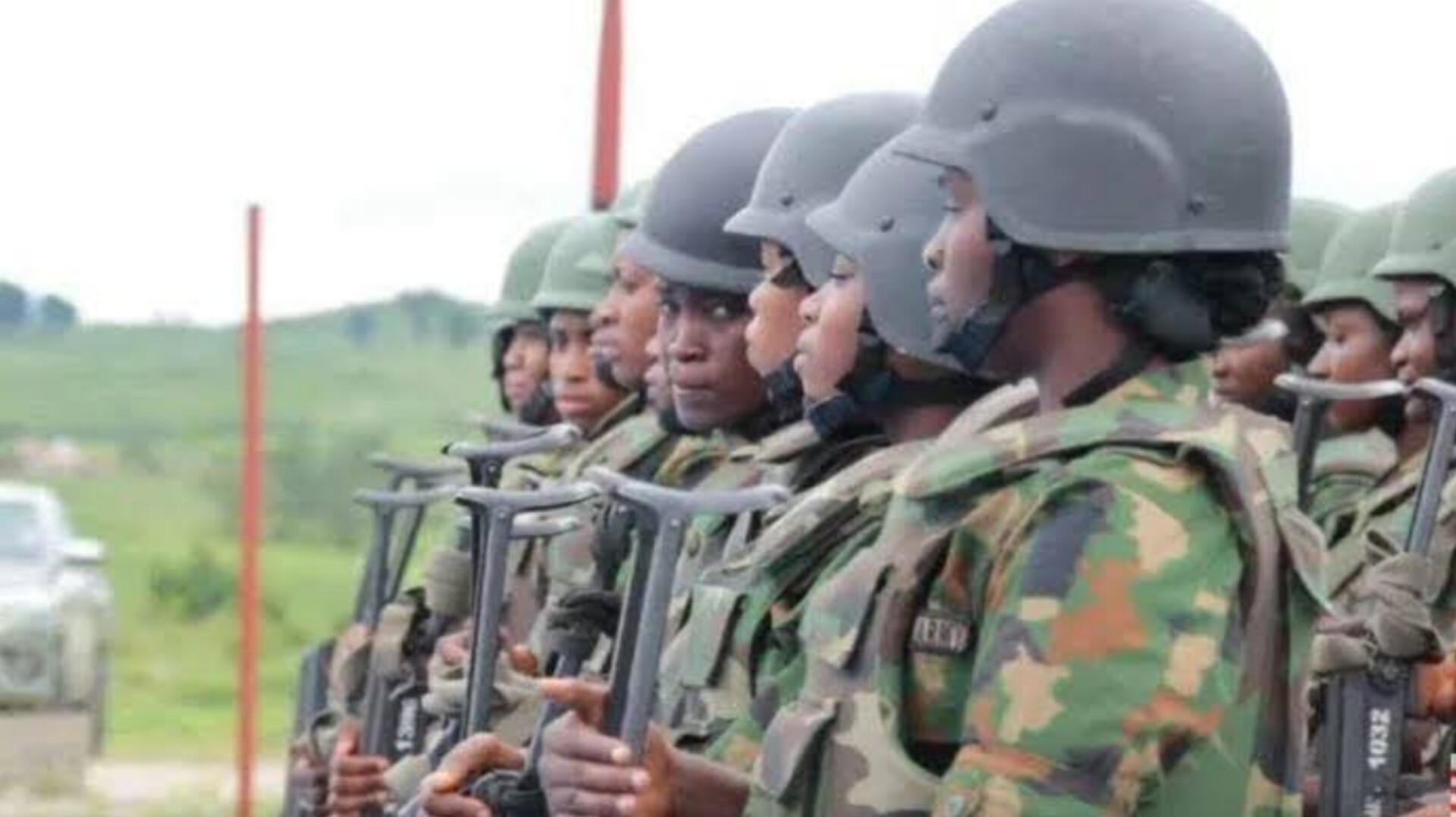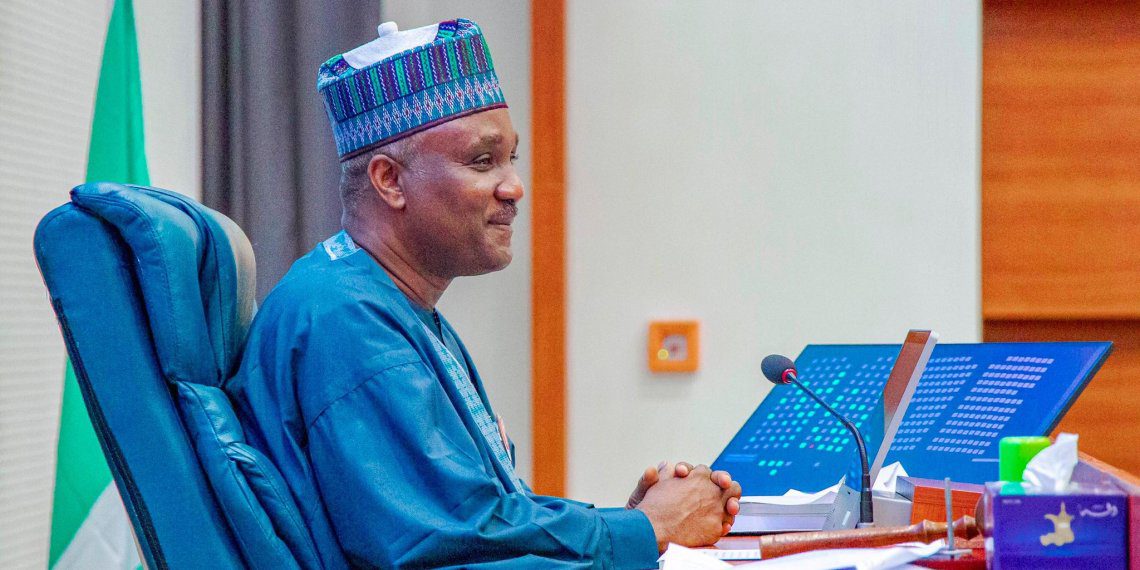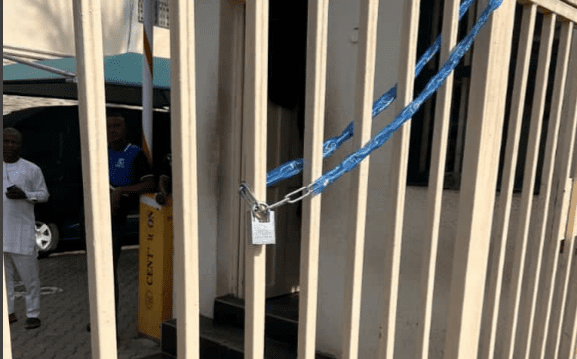The Nigerian Army has promised to investigate the allegations of a female soldier who accused some senior male officers of abuse and intimidation.
In a viral video, a female soldier without uniform accused some senior male officers of overbearing posture after she turned down overtures for serial intimacy.
However, in a statement on Friday, the Director of Army Public Relations, Maj. Gen. Nwachukwu Onyema, said the investigation was to ascertain the veracity of her claims.

Onyema also blamed the female soldier for not seeking redress according to the laid-down procedure.
The statement reads, “The Nigerian Army has been inundated with audiovisuals making the rounds on social media of the unprofessional conduct of a female soldier in mufti who claimed to have been maltreated by some senior officers.
“It is instructive to state that, considering the gravity of the allegations, Nigerian Army, as a disciplined force, will conduct a thorough investigation into the matter.
“It is crucial to point out that contrary to the claims made in the video, the soldier in question has not exhausted the laid-down procedure for seeking redress in the Nigerian Army. This is aside from Human Rights and Gender Desks established in Army Headquarters and across Nigerian Army formations, where complaints about human rights and gender issues are also entertained.
“The Nigerian Army remains a professional force that self-regulates and conducts its activities in adherence to established rules and ethics while upholding the highest standards of discipline amongst personnel.
“We therefore encourage all personnel to always utilise the established channels for addressing grievances and concerns as a member of a noble and disciplined force.”
Onyema pointed out that based on findings from the investigation, tappropriate actions would be taken
“We assure the general public that the Nigerian Army as an institution is committed to upholding the integrity and morals of its personnel and as such, appropriate actions will be taken based on the findings of the investigation.
“We urge the public to allow the investigative process to take its course and refrain from making hasty judgments. The Nigerian Army remains dedicated to serving our nation with honor and integrity,” the statement added.
The case is the latest in series of reports of maltreatment by soldiers of the Nigerian army.
Inibehe Effiong, a public interest and human rights lawyer, recently filed a petition to the Chief of Army Staff, Lieutenant General Taoreed Lagbaja.
Effiong requested that the Army personnel responsible for assaulting police officer ASP Edet Inyang be identified and held accountable for their actions.
According to him, Inyang was subjected to torture by a group of Army personnel near the Nigerian Army’s 63 Brigade in Asaba, Delta State.
The incident reportedly took place on December 9, 2023, at a store where the policeman had gone to buy personal items.
Similarly, in November 2023, the Adamawa State Police Command headquarters in Yola was allegedly invaded by the Nigerian Army, where an inspector of police identified as Jacob Daniel was killed.
President Bola Tinubu had in December issued a stern warning to the Nigerian Army to desist from carrying out retaliatory assaults on the police or the civilian population over any provocation



